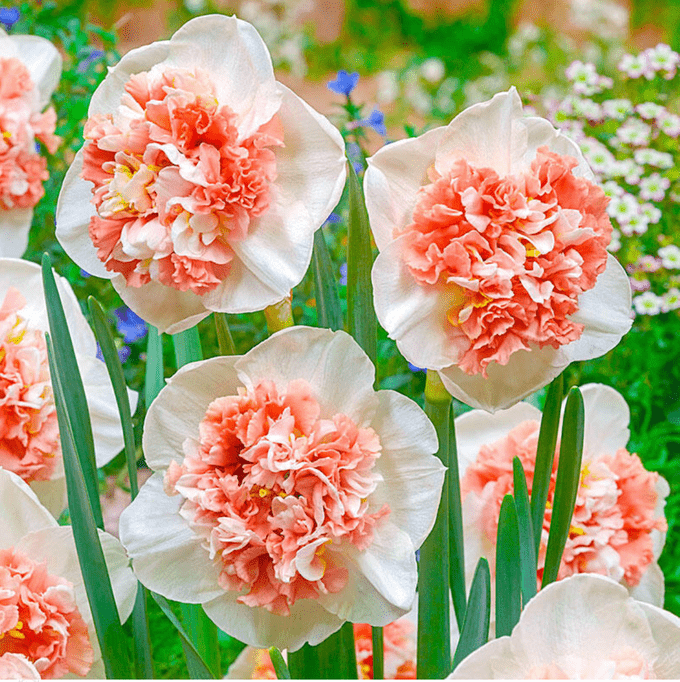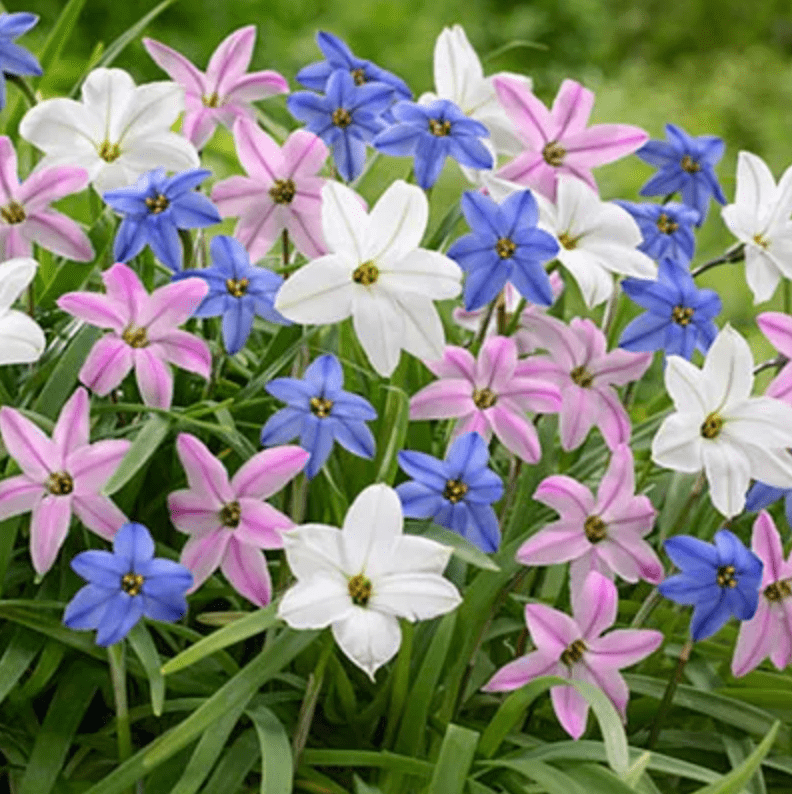5 Deer-Resistant Bulbs for Spring Blooms
Updated: Mar. 21, 2023
Did hungry deer eat all of your tulips again? Plant these types of deer-resistant spring bulbs in your flower garden instead.
Our editors and experts handpick every product we feature. We may earn a commission from your purchases.
Does this sound familiar? You wait all winter for your tulips and other flower bulbs to poke through the frozen soil, and when they do, deer munch them right back down to the ground before they even come close to blooming. So what’s a gardener to do? Some people try fences or deer repellents, but these don’t always work. Instead, try planting these deer-resistant bulbs, and fill your yard with blooms each spring!
Before you get started, make sure you read our ultimate guide to planting spring bulbs.
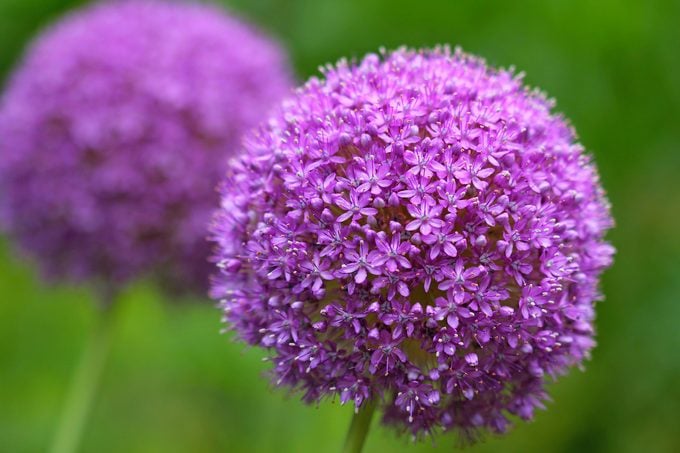
Do Deer Eat Alliums?
These members of the onion family seem to be distasteful to deer and rabbits. The globe-shaped flower clusters are beautiful, and as an added bonus, they attract butterflies, too! Try Persian Blue allium for large purple-blue blooms.
Learn more about growing alliums.
Do Deer Eat Daffodils?
Daffodils are the king of deer-resistant bulbs. They contain an alkaloid called lycorine that is distasteful and even poisonous to deer, rabbits and other mammals. And if you think daffodils are all the same yellow blooms, you haven’t been keeping up! Daffodils come in an array of striking types and shades, from creams and oranges to peach and pink, with ruffled cups and even double blooms. Different varieties bloom at different times during the spring, so plant a mix of early, middle, and late-blooming bulbs to keep the season going.
Check out 10 of the best daffodil bulbs to plant in fall.
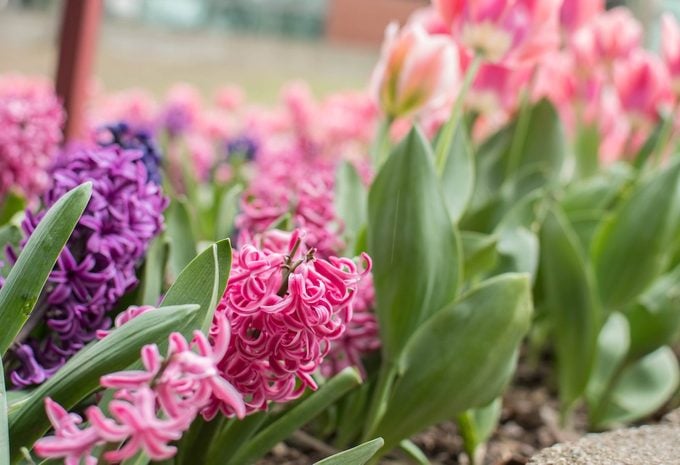
Do Deer Eat Hyacinths?
If you believe the best spring flowers are the fragrant ones, then hyacinths are the deer-resistant bulbs for you. Just one spike of these flowers is enough to fragrance a whole room, and they do well as cut flowers if brought in just as the flowers begin to open. This fragrant mix from Michigan Bulb Co. has a great variety of colors.
Follow these tips for growing grape hyacinth flowers and crocus flowers.
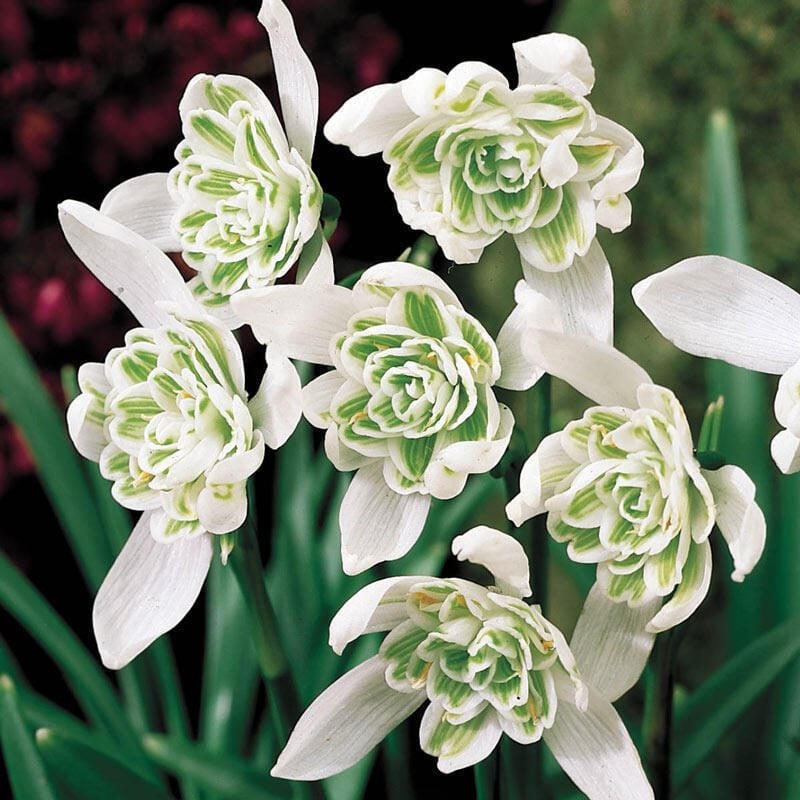
Do Deer Eat Snowdrops?
If you’re looking for the earliest possible blooms, snowdrops (Galanthus elwesii) are the way to go. These deer-resistant bulbs are the first to pop up, often before the snow is even gone. You’ll love these double snowdrops from Breck’s for their unusual green-and-white flowers.
Find out how to keep squirrels from digging up flower pots and bulbs.
Do Deer Eat Spring Starflowers?
This cheerful little spring bloomer is closely-related to alliums and daffodils, so deer will leave it alone. Spring starflower (Ipheion uniflorum) isn’t planted as widely as other spring bulbs, but makes an excellent choice for an area you’d like to naturalize. The flowers are available in blue, white, and pink, or try this mix of all three colors from Breck’s.
Check out the top 10 bulbs to plant in fall that you aren’t growing yet.
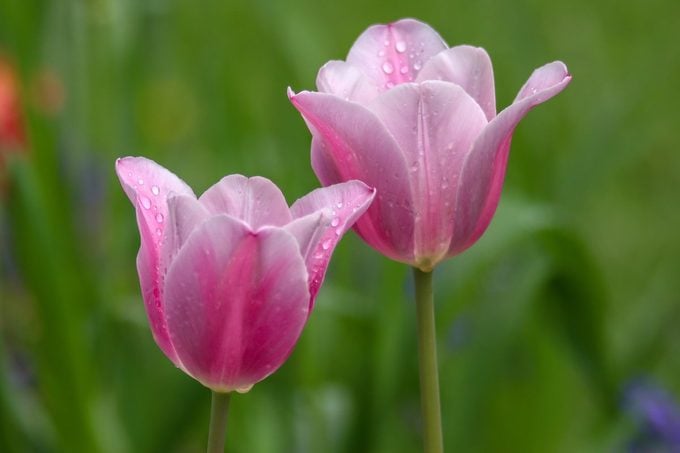
Do Deer Eat Tulips?
“How can I keep deer from eating tulips?” asks reader Amanda Jones of St. Louis, Missouri.
Horticultural expert Melinda Myers: Fencing is the most effective method for keeping deer away, but it’s not always the most practical option. Since wildlife has become accustomed to living near people and dining on our landscaping, scare tactics may or may not be effective. Many gardeners now rely on repellents to protect susceptible plants from wildlife damage.
Increase your success by treating plants before the animals start feeding. Check the label to make sure the repellent can be used on ornamental plants (including tulips) and is labeled to repel deer. Reapply according to the label directions for continued protection. A rain- and snow-resistant repellent provides longer-lasting protection, which means less work for you. Monitor your plants for damage and adjust treatments as needed.
Next learn how to deter groundhogs (and keep them out of your garden).

